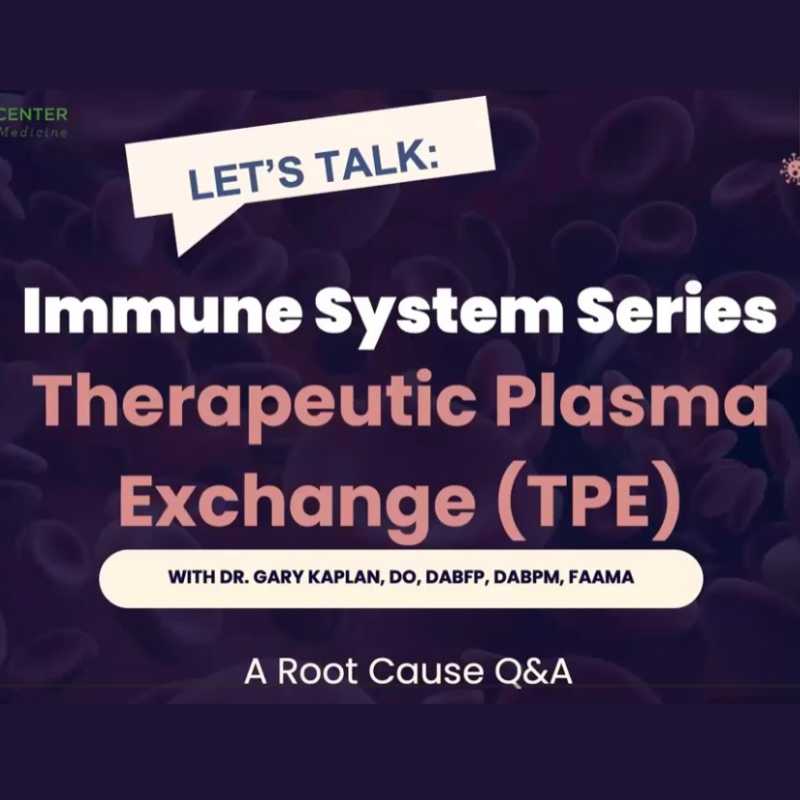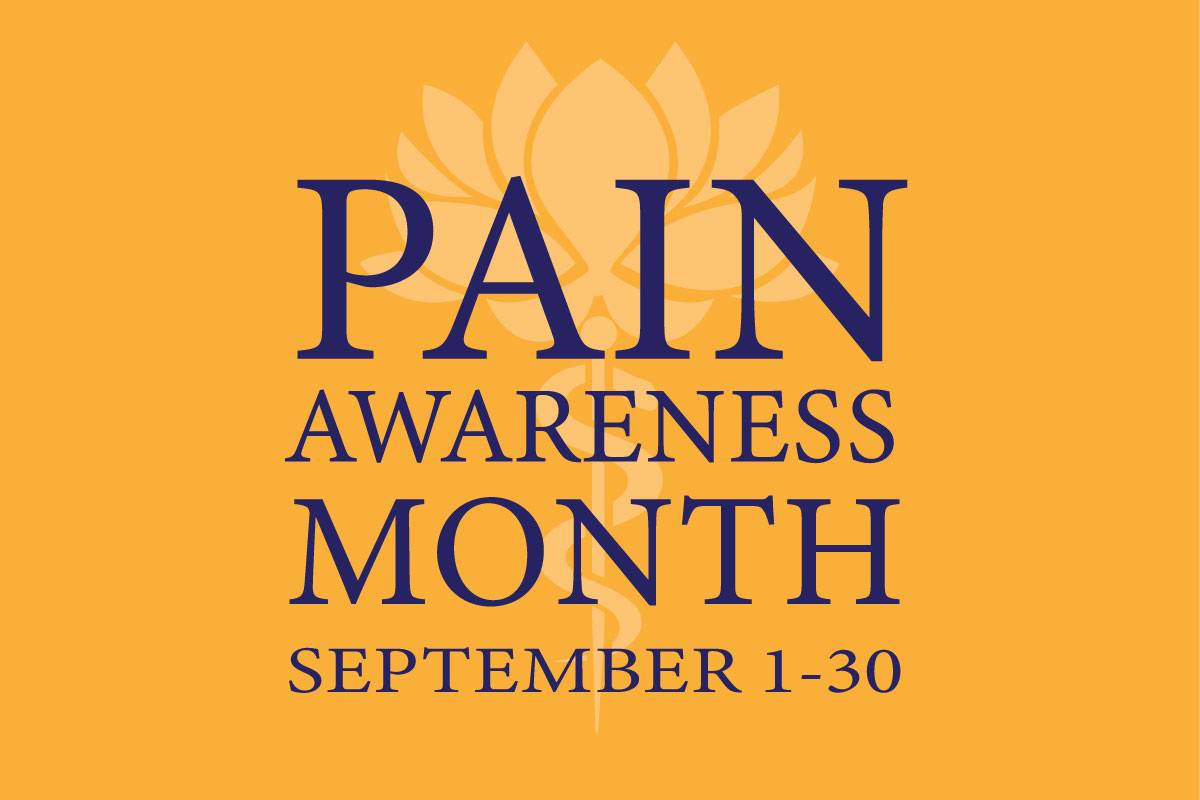
5 Ways We Can Keep Your Immune System Strong
December 10, 2025/by Kaplan Center
Want to Take Your Workout to the Next Level Next Year? These Tips Can Help
December 8, 2025/by Kaplan Center
Dr. Kaplan’s Dos and Don’ts of the Holiday Season
December 3, 2025/by Kaplan Center
Let’s Talk Webinar – A Root Cause Q&A
December 2, 2025/by Kaplan Center
Navigating Holiday Meals with Gut Issues: Simple Tips for a Comfortable Season
December 1, 2025/by Chardonée Donald, MS, CBHS, CHN, CNS, LDN
Craniosacral Therapy for TMJ | Say Goodbye to the Daily Grind
November 19, 2025/by Patricia Alomar, M.S., P.T.
From Compassionate Care to Personal Healing: A Letter to My Patients
November 18, 2025/by Kaplan Center
8 Steps to a Healthier Gut—and a Longer, Healthier Life
November 18, 2025/by Kaplan Center
Mid-Life Irritability & Fatigue Improved by Hormonal Balancing
November 13, 2025/by Lisa Lilienfield, MD
From Challenges to Change: Dr. Kaplan on Healthcare’s Biggest Challenges
October 29, 2025/by Kaplan Center
Overlooked Dangers of Mold Exposure and How to Stay Safe – Dr. Kaplan Talks to WUSA9
October 27, 2025/by Kaplan Center
Let’s ‘Fall’ Into Wellness: A Nutritionist-Approved Immune-Boosting Recipe for Cold and Flu Season
October 13, 2025/by Chardonée Donald, MS, CBHS, CHN, CNS, LDN
PANS/PANDAS – When Sudden Symptoms Signal Something More
October 9, 2025/by Kaplan Center
Beating Burnout, A Nutritionist’s Perspective
October 1, 2025/by Chardonée Donald, MS, CBHS, CHN, CNS, LDN
3 Things That Can Happen After Stopping GLP-1s
September 11, 2025/by Chardonée Donald, MS, CBHS, CHN, CNS, LDN
What Families Need to Know About COVID and Flu Season
September 3, 2025/by Kaplan Center
September is Pain Awareness Month
September 1, 2025/by Kaplan Center
Dr. Kaplan Spoke to Northern Virginia Magazine About COVID, Flu, and Immunity — Here’s What You Should Know
August 14, 2025/by Kaplan Center
“Why Do I Feel Like Crap?”: The Overlap Between Long COVID and Perimenopause
July 30, 2025/by Kaplan Center
Why People Are Turning to EMDR (and Why You Might Want to Too)
July 23, 2025/by Kaplan CenterAre you looking to improve your overall wellness?
Personalized care you can trust.
Our integrative, non-surgical treatment approach is highly successful in maintaining wellness and also treating chronic pain and illness. For more than 30 years, we have delivered superior, cutting-edge health care in the Washington, DC area.
QuickLinks
Contact Information
Tel: 703-532-4892
Fax: 703-237-3105
6829 Elm Street, Suite 300
McLean, Virginia 22101
Map It
Hours of Operation
Mon – Thu : 8 am – 5 pm, ET
Fri : 8 am – 12 pm, ET
Employee of the Quarter: Nan Kinder, RN
/in News/by Kaplan CenterNan Kinder, RN, has been recognized as Kaplan’s Employee of the Quarter!
Nan started working at the Kaplan Center in 1988 while she was finishing nursing school at Marymount University. She left the Center to take the position of Director of Nursing at a home care company where she acquired the advanced skills that she continues to utilize today. Nan came back in 1997 and has been here full-time since.
We cannot say enough about Nan. In addition to her exceptional nursing skills, Nan exemplifies all the qualities that make an outstanding nurse. She takes great care in providing an extraordinary experience for our patients as well as her co-workers. Nan states that she loves providing individualized care to each person, and our patients adore her.
While she finds what we do at the Center rewarding, she welcomes the opportunity to learn something new every day. When she’s not at the Center, Nan enjoys doing crafts, aviation adventures, and baking.
Congratulations, Nan, and thank you for all you do!
LISTEN NOW: Dr. Gary Kaplan on Me&My Health Up Podcast
/in Press, Wellness/by Kaplan CenterDr. Gary was a recent guest on Me&My Health Up podcast with Anthony Archer. This episode is a must-listen for anyone interested in understanding the immune system’s role in chronic conditions and how to maintain a robust immune system!
EPISODE 168: Unraveling the Mysteries of the Immune System: A Deep Dive into Chronic Conditions with Dr. Gary Kaplan
In this episode, Dr. Gary Kaplan sheds light on how infections can trigger your immune system, often leaving it in a rogue state that contributes to chronic illnesses. He also discusses the role of inflammation in the brain or neuroinflammation, a common factor in chronic pain and depression.
Praise for Dr. Kaplan’s book – Why You Are Still Sick: How Infections Can Break Your Immune System & How You Can Recover
“Gary Kaplan is not only a pioneer in his field, he’s a badass who is changing the face of medicine. This book holds everything I wish I knew twenty years ago about autoimmunity. It’s an incredible resource for anyone with chronic pain and illness. It will bring hope and health to so many people.”
– Dave Asprey, founder, Bulletproof 360
Coming Soon: New Podcast from Dr. Gary Kaplan
/in News, Wellness/by Kaplan Center